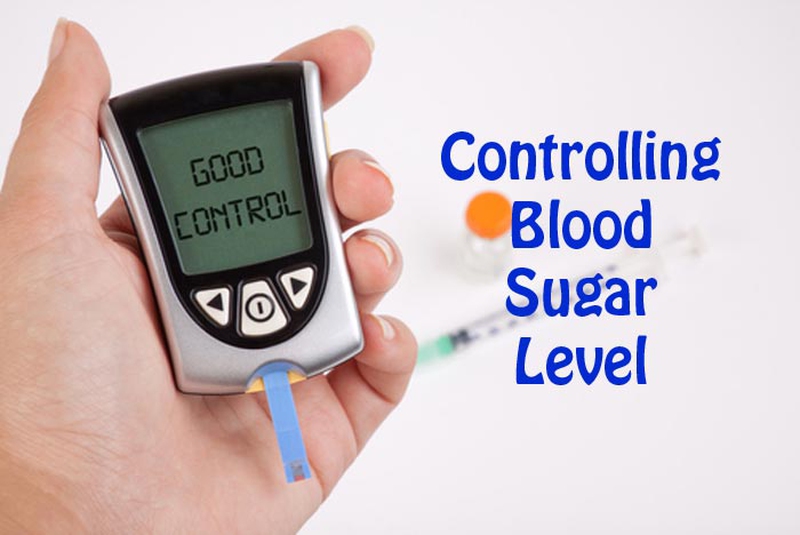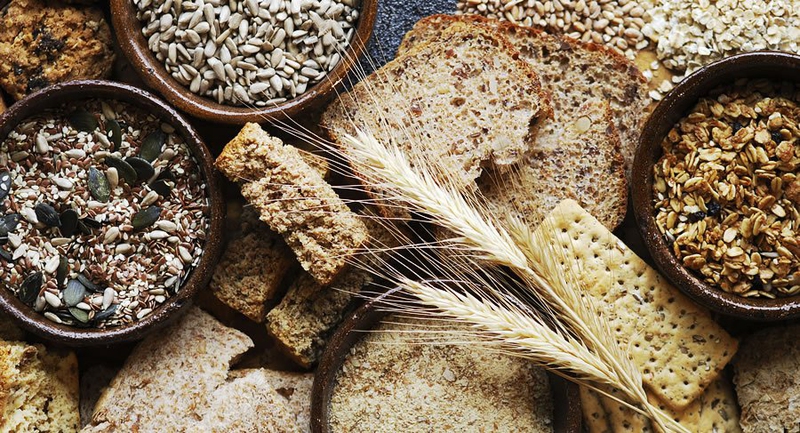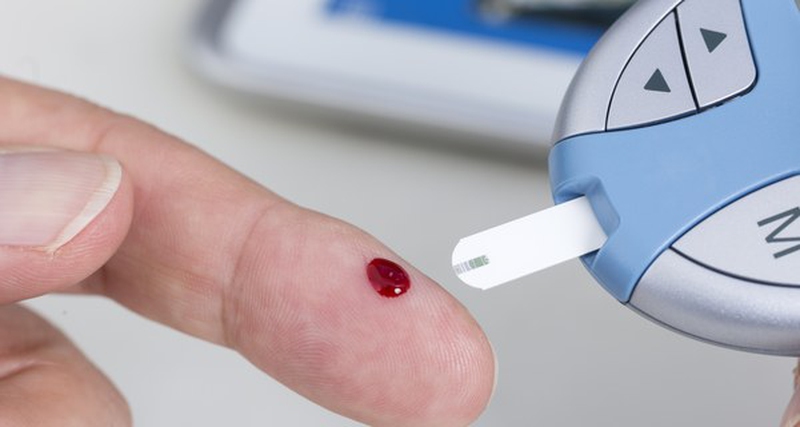Glucose is the primary source of energy for your cells and tissues. However, prolonged elevation of blood sugar levels causes damage to the lining of blood vessels and nerves. This may lead to serious consequences such as stroke, cardiovascular disease, eye damage and kidney problems etc. Regular monitoring of blood glucose is important to prevent damage to major organs throughout your body.
What are the normal blood sugar levels? If you are a healthy non-diabetic person, your normal blood sugar levels should be in a range of 70-99 mg/dl (3.9–5.5 mmol/L) while fasting, less than 140 mg/dl (7.8 mmol/L) two hours after a meal and below 200 mg/dl on random checking. For people with diabetes mellitus, the criteria for diagnosing sugar levels are different. According to the American Diabetic Association (ADA) guidelines, their plasma glucose levels should be in a range of 80–130 mg/dl (4.5–7.2 mmol/L) on fasting and below 180 mg/dl (10.0 mmol/L) after 2 hours of eating.

How to Reduce Blood Sugar Level
Daily exercise or workout
A moderate level of daily activity for 30 minutes a day enhances insulin sensitivity and glucose uptake by the cells to be utilized for energy metabolism. This, in turn, decreases sugar levels in the bloodstream, and thereby prevents multi-organ damage. The recommended exercises include brisk walking, running, cycling, working on an elliptical machine or swimming, etc.
Eat food items containing low carbohydrates and high fiber
Modifications in your diet can have a remarkable effect on your health by controlling blood glucose spikes. Food items containing a high glycemic index (GI) or refined sugars should be avoided at best. Examples are white refined bread, white rice, processed white sugar, popcorns, sugar containing flavored and frizzy drinks and high fructose corn syrup etc.
Instead, you can take natural or organic sources of carbohydrates in moderation. These include raw fruits, non-starchy vegetables, whole wheat bread, whole grains, legumes, steel-cut oats, dates etc.
Balance intake of carbs with a healthy intake of proteins and fats
A healthy selection of protein and fat controls your blood glucose levels by impeding its absorption. They also fulfill your desire of hunger and are essential for effective metabolism and digestion. Some of the excellent sources of proteins that help regulating blood glucose are salmon, organic free range eggs, Greek yogurt, homemade cheese, grass-fed lamb or beef and pastured poultry.
Also, prefer intake of healthy fats such as extra virgin olive oil, virgin coconut oil, plain nuts, flex seeds, chia seeds, and avocado etc. By doing this, you can effectively address the problem of how to reduce blood sugar level.
Control portion sizes of your food
Portion control is equally important along with the choosing of healthy food items. Always measure the amount of food with some measuring cup or use a measurable sized plate. This helps in keeping a record of your calorie intake and subsequently, controls your blood sugar levels.
Take apple cider vinegar
Apple Cider Vinegar has been shown to lower the blood glucose by reducing its formation in the liver or by promoting glucose entry into the cells. You can drink it after diluting 2 teaspoons of apple cider vinegar into 8 ounces of water, or add it into your favorite salad dressing. However, it is better to take advice from your physician if you are already taking glucose lowering medications.
Avoid stress
Stress promotes release of the cortisol and glucagon hormones, which makes you consume more carbohydrates and interferes with the normal sleeping patterns. All of them eventually lead to rising of blood glucose levels. You can fight against these stressful events by certain relaxation techniques which include yoga, aerobics, and meditation, use of aromatic oils such as lavender, rose and argon oils. Other ways to relieve stress is to spend more time with family and friends, joining a club or doing some social activity.
Get a sound sleep
Sleep deprivation, poor quality of sleep or poor sleeping patterns can disrupt many metabolic hormones as well as affect sensitivity of body cells to Insulin. In a report conducted by Centers for Disease Control and Prevention, around 35% of Americans do not take enough sleep of 7-9 hours/day. As a result they are prone to develop certain medical problems including diabetes. Poor sleeping habits may cause surge of stress and appetite hormones, both of which trigger the glucose levels in the blood. How to reduce blood sugar level? Make sure to have sound sleep with a healthy schedule each day.
Keep a check on your blood sugar levels
If you have a tendency towards hyperglycemia or have a family history of diabetes, it is crucial to monitor your fasting and random blood glucose levels every day and jot them down into some diary. This will help you find out whether you are on the right track or you need adjustments in your diet, medications or lifestyle.
Avoid alcohol intake
Alcohol can increase or decrease your blood sugar levels depending on the amount of its consumption. Moderate amount of alcohol may elevate the levels while, excessive intake may interfere with the ability of liver to increase blood glucose and, hence lead to sudden hypoglycemia. This can be a disaster for diabetic patient who is already on hypoglycemic medications. In addition, alcohol makes you feel hungry and increases your appetite towards comfort foods that contain a lot of carbohydrates.
Drink plenty of water
Drinking plenty of water not only helps in removal of excessive blood glucose but also hydrate your body cells. Pure water is the only beverage with zero calories that has a number of other health benefits.
Consult your healthcare provider if you have high blood sugar
Although diet and a healthy life-style can do miracles, they are not the sole remedies to manage high blood sugar. It is always good to discuss your problem with the doctor so that he/she may find the best solution. Depending on the severity, your doctor may prescribe you medications, insulin injections or may ask you to just stick to the life style changes.



View All Comments /Add Comment